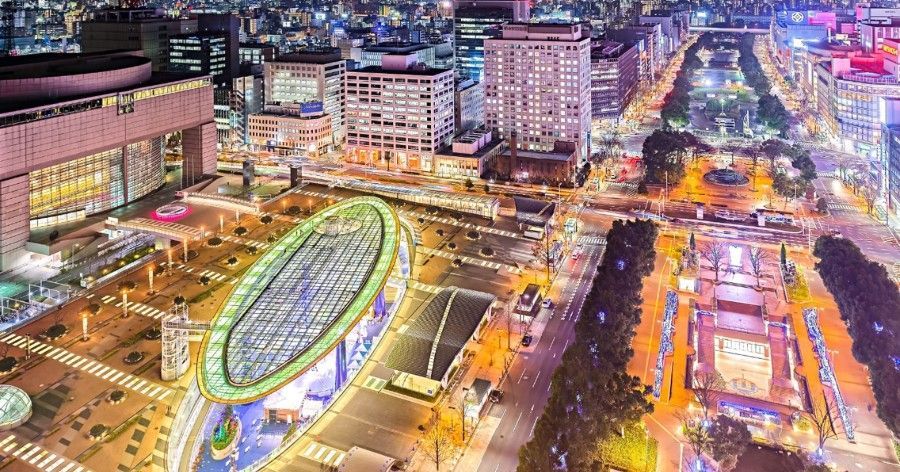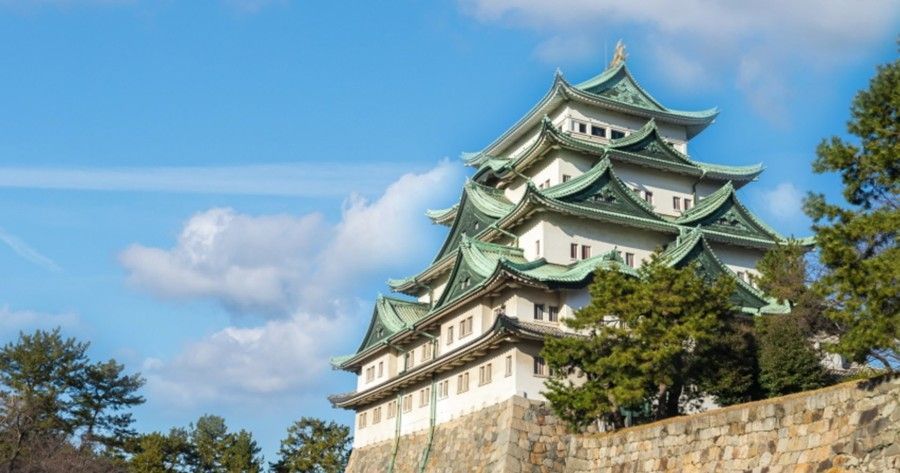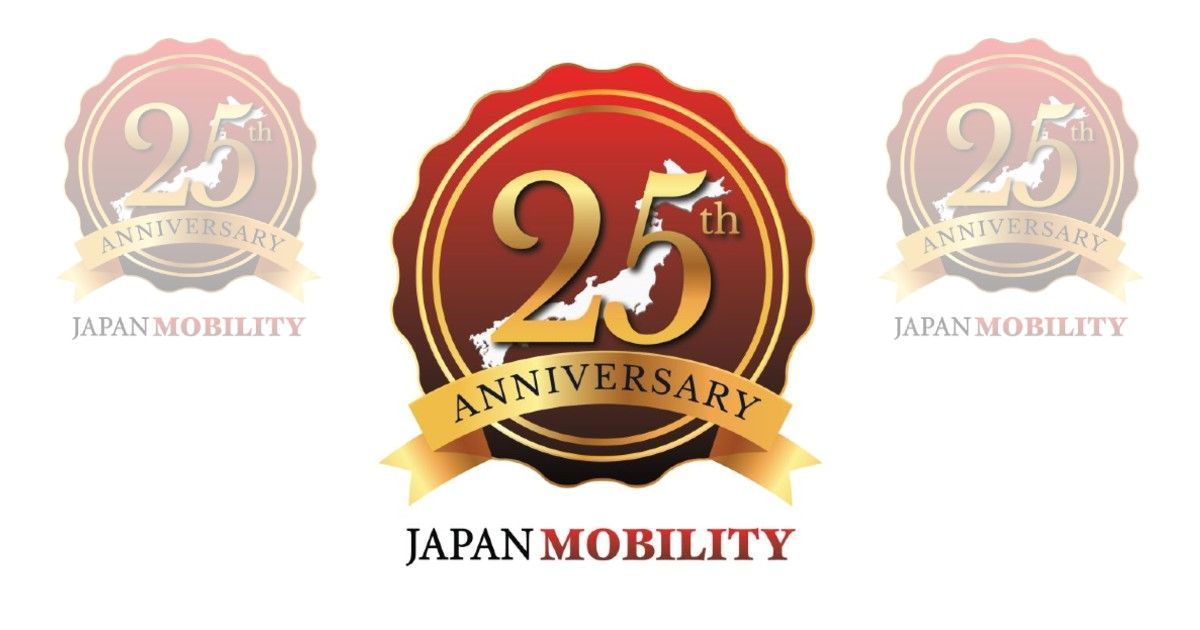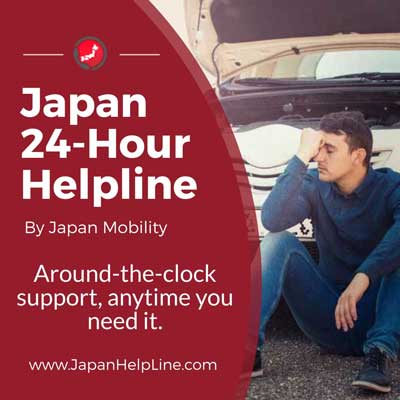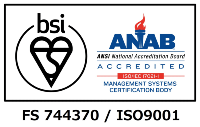Preparing for an Earthquake in Japan
Japan is well-known as an earthquake-prone country. While many tremors may be small with few lasting effects, in the case that a large-scale event does occur, it is important to be prepared in advance. Here are some tips for earthquake preparation at home.
1) Plan your immediate action:
In the event of a large earthquake, the ability to take quick action can be vital for ensuring that you stay safe. Take some time to identify which areas in your property/workplace/etc. would be the safest to shelter.
Some places to consider for a shelter area would be:
- Under a sturdy structure, such as a table or desk
- Against an inside wall of the property if shelter under a table/desk is not possible
- Away from tall, heavy, or unsecured furniture
- Away from windows or other sources of glass
It is not recommended to try to move between floors or leave the building when an earthquake starts. Trying to walk around during intense shaking can lead to injury, so it is best to try and limit movement as much as possible until the shaking has stopped.
2) Know the risks in your community:
In the case that it is unsafe or not possible to stay in your property after an earthquake, you may be asked to evacuate to another location. In order to be able to do this safely, it is important to be aware of the following information regarding your neighborhood:
- Flood risk areas
- Tsunami risk areas
- Landslide risk areas
- Available evacuation routes
- Locations of emergency evacuation sites and shelters
Maps showing these types of areas can generally be found at your local Ward Office or Town Hall. After confirming their locations, map out a safe route to take in the case you need to evacuate.
If possible, it is recommended to practice walking this route so that you can reach it without the aid of cell phone or other digital device which may not receive service immediately following a major earthquake.
Evacuation Center Map Sample (Nagoya City):
3) Prepare your necessities:
Immediately following a major earthquake, access to basic necessities may be limited while supply lines are being re-established. It is recommended to prepare an emergency pack with food and water for a minimum of 3 days per person, and to also keep a stock of at least 1 - 2 weeks' worth of food in your home at all times. The emergency pack should be left in a location that would be easy to reach in the case you needed to evacuate the property on short notice.
In addition to food and water, some other items to consider for an emergency pack are:
- Emergency maps (showing shelters, evacuation routes, etc.)
- Battery-powered radio
- Flashlight
- Helmet
- Emergency blanket
- Required medications
- Spare glasses/contact lenses
- Masks/hand sanitizer
If there is anything that would be difficult to keep in an emergency kit in advance, such as prescription medications, it may also help to have a checklist in the pack of anything that you will need to prepare or do before leaving the property.
If you are living with family in Japan, talk about and practice your emergency plans, including what to do in the event that you are separated during the event. As having access to communication tools, such as cell phones, cannot be guaranteed, having this type of planning in place can be vital for safely re-uniting family members as soon as possible.
Resources:
For further details about earthquake preparedness and evacuation procedures for a variety of situations, please feel free to visit the Tokyo Metropolitan website for a free comprehensive guide.
https://www.metro.tokyo.lg.jp/english/guide/bosai/index.html
Here, also, is a list of emergency numbers for use in Japan.









